On The Principles of Political Economy and Taxation
By David Ricardo
Category
EconomicsRecommended by
"On The Principles of Political Economy and Taxation" by David Ricardo is a groundbreaking economic treatise that examines the relationship between economic systems, taxation, and their impact on wealth distribution and social welfare.
Starting with the concept of labor theory of value, Ricardo argues that the value of a good or service is determined by the amount of labor required for its production. He then explores the intricacies of comparative advantage, demonstrating how countries can benefit from specializing in specific industries and engaging in trade.
Ricardo delves into the role of rent and its effect on landowners, tenants, and overall economic health. By analyzing the concept of diminishing returns and the potential for agricultural productivity to decline, he demonstrates that rent can rise disproportionately, often leading to inequality.
The book delves into taxation principles, highlighting the importance of minimizing economic distortions caused by excessive taxation. Ricardo presents his famous theory of optimal taxation, advocating for taxes on unproductive activities such as land rent instead of labor or capital.
Furthermore, Ricardo addresses the relationship between economic policies and income distribution. He argues that government intervention should focus on promoting economic growth, increasing wages, and reducing poverty, rather than enforcing rigid regulations.
Throughout this masterpiece, Ricardo meticulously dissects economic concepts, making complex ideas accessible to the reader. He illustrates his principles with empirical evidence and logical arguments, providing a comprehensive framework for understanding political economy and taxation.
"On The Principles of Political Economy and Taxation" offers valuable insights into the dynamics of wealth creation, income distribution, and the role of government in shaping economic outcomes. With its systematic analysis and thought-provoking ideas, Ricardo's work continues to be a cornerstone of economic theory and informs contemporary debates on economic policy and governance.
Starting with the concept of labor theory of value, Ricardo argues that the value of a good or service is determined by the amount of labor required for its production. He then explores the intricacies of comparative advantage, demonstrating how countries can benefit from specializing in specific industries and engaging in trade.
Ricardo delves into the role of rent and its effect on landowners, tenants, and overall economic health. By analyzing the concept of diminishing returns and the potential for agricultural productivity to decline, he demonstrates that rent can rise disproportionately, often leading to inequality.
The book delves into taxation principles, highlighting the importance of minimizing economic distortions caused by excessive taxation. Ricardo presents his famous theory of optimal taxation, advocating for taxes on unproductive activities such as land rent instead of labor or capital.
Furthermore, Ricardo addresses the relationship between economic policies and income distribution. He argues that government intervention should focus on promoting economic growth, increasing wages, and reducing poverty, rather than enforcing rigid regulations.
Throughout this masterpiece, Ricardo meticulously dissects economic concepts, making complex ideas accessible to the reader. He illustrates his principles with empirical evidence and logical arguments, providing a comprehensive framework for understanding political economy and taxation.
"On The Principles of Political Economy and Taxation" offers valuable insights into the dynamics of wealth creation, income distribution, and the role of government in shaping economic outcomes. With its systematic analysis and thought-provoking ideas, Ricardo's work continues to be a cornerstone of economic theory and informs contemporary debates on economic policy and governance.
Share This Book 📚
More Books in Economics
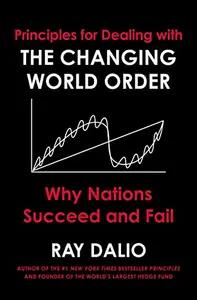
Principles for Dealing With The Changing World Order
Ray Dalio
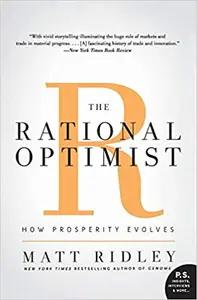
The Rational Optimist
Matt Ridley
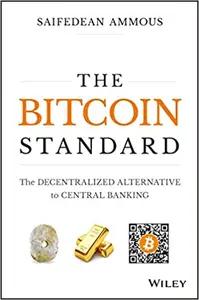
The Bitcoin Standard
Saifedean Ammous
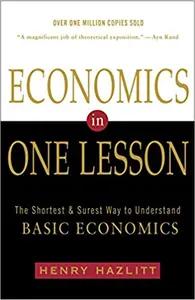
Economics in One Lesson
Henry Hazlitt
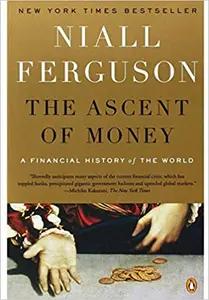
The Ascent of Money
Niall Ferguson

Enlightenment Now
Steven Pinker
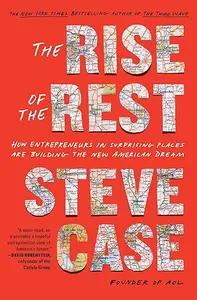
The Rise of the Rest
Steve Case

The Road to Serfdom
F.A. Hayek
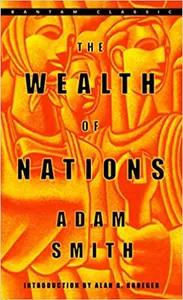
The Wealth of Nations
Adam Smith
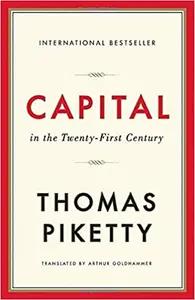
Capital In The 21st Century
Thomas Piketty

Check Your Financial Privilege
Alex Gladstein
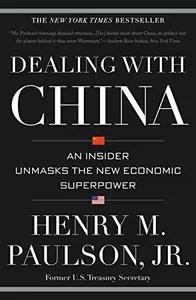
Dealing with China
Henry Paulson
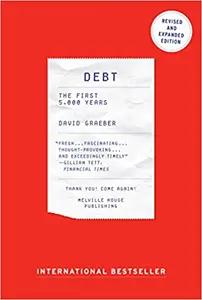
Debt
David Graeber

Human Action
Ludwig Von Mises
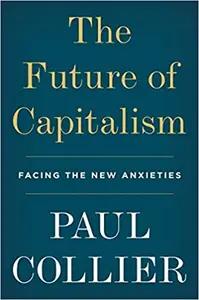
The Future of Capitalism
Paul Collier

The Prize
Daniel Yergin
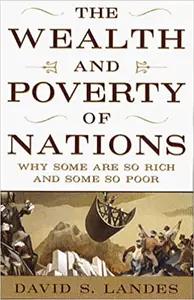
The Wealth and Poverty of Nations
David Landes

Thinking In Systems
Donella H. Meadows
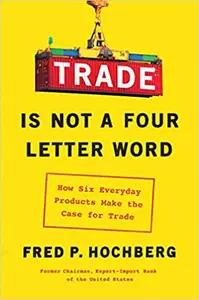
Trade Is Not A Four Letter Word
Fred Hochberg
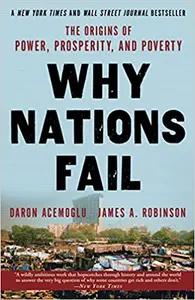
Why Nations Fail
Daron Acemoglu
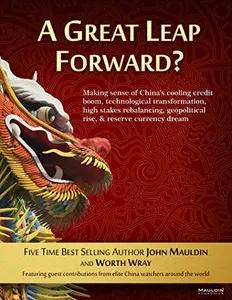
A Great Leap Forward?
John Mauldin & Worth Wray
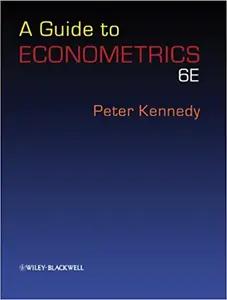
A Guide To Econometrics
Peter E. Kennedy
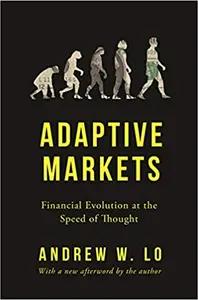
Adaptive Markets
Andrew Lo

Age Of Ambition
Evan Osnos

An Apology for the Builder
Nicholas Barbon
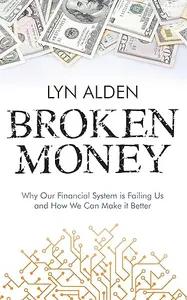
Broken Money
Lyn Alden
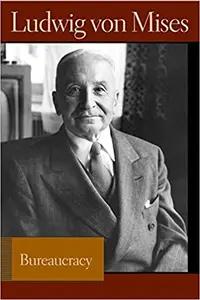
Bureaucracy
Ludwig Von Mises
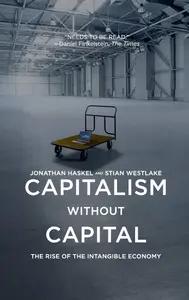
Capitalism Without Capital
Jonathan Haskel & Stian Westlake
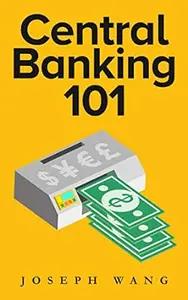
Central Banking 101
Joseph Wang
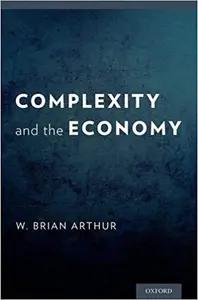
Complexity and the Economy
W. Brian Arthur
Popular Books Recommended by Great Minds 📚

Destined For War
Graham Allison

American Kingpin
Nick Bilton

Foundation
Isaac Asimov

The Courage To Be Disliked
Ichiro Kishimi
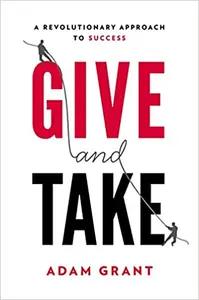
Give and Take
Adam Grant

The Checklist Manifesto
Atul Gawande

The Ascent of Money
Niall Ferguson
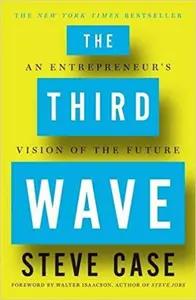
The Third Wave
Steve Case
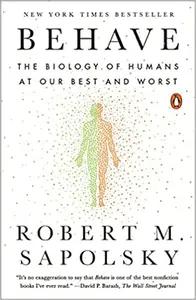
Behave
Robert Sapolsky
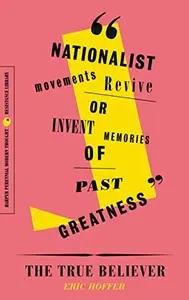
The True Believer
Eric Hoffer

Titan
Ron Chernow
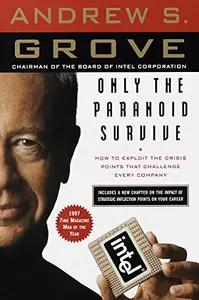
Only the Paranoid Survive
Andy Grove

The Autobiography of Benjamin Franklin
Benjamin Franklin
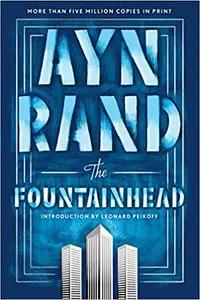
The Fountainhead
Ayn Rand
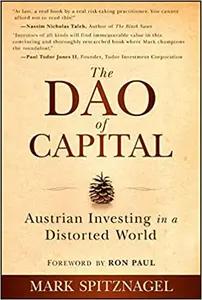
The Dao of Capital
Mark Spitznagel

The Prince
Nicolo Machiavelli
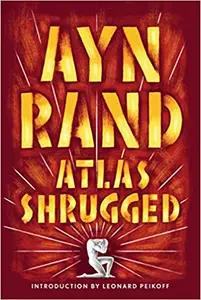
Atlas Shrugged
Ayn Rand

1984
George Orwell
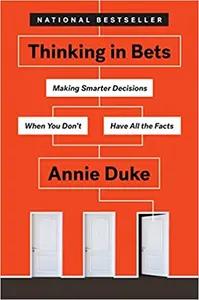
Thinking In Bets
Annie Duke
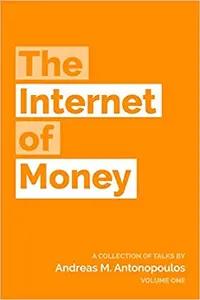
The Internet of Money Volume 1
Andreas Antonopolous
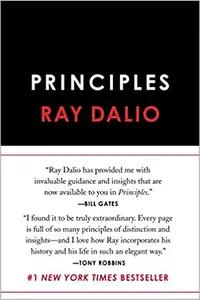
Principles
Ray Dalio
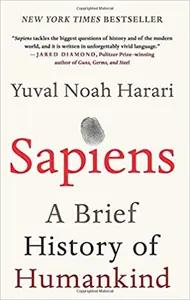
Sapiens
Yuval Noah Harari
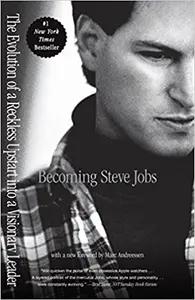
Becoming Steve Jobs
Brent Schlender
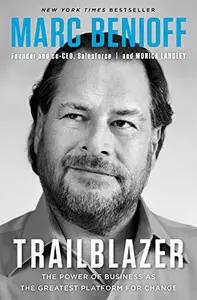
Trailblazer
Marc Benioff
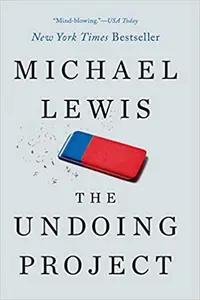
The Undoing Project
Michael Lewis

Siddhartha
Hermann Hesse
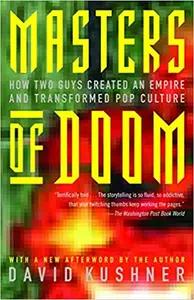
Masters of Doom
David Kushner
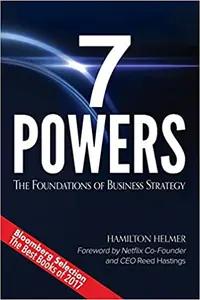
7 Powers
Hamilton Helmer
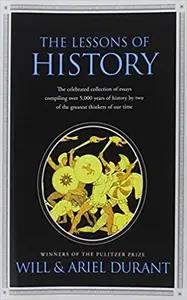
The Lessons of History
Will & Ariel Durant
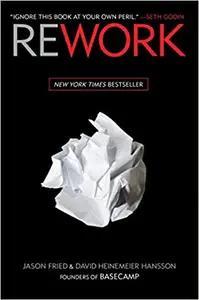
Rework
Jason Fried
